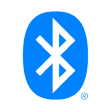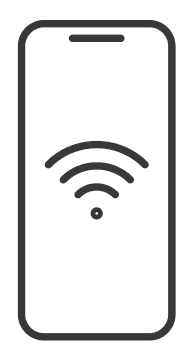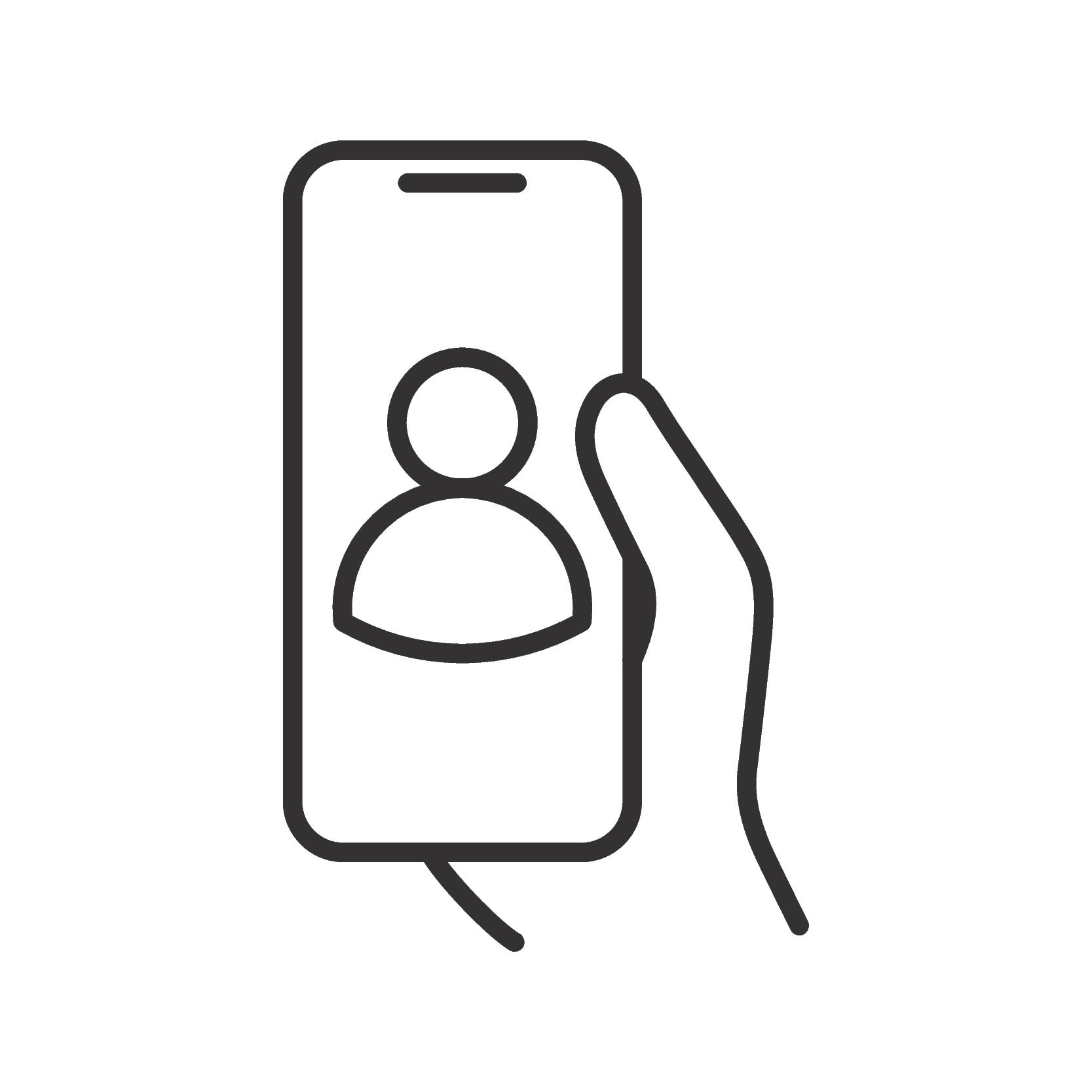Auracast is the next-generation Assistive Listening System (ALS). It can co-exist with other technologies, like telecoil. It has a broader transmission, is easy to install, and enables people to sit wherever they want to hear.
Auracast opens up entirely new possibilities for streaming audio in public places.
Listening is simple: users select the Auracast stream they want to listen to on their mobile device, and the hearing aid or an Auracast-enabled device receives the signal, just like selecting a WiFi-hotspot.
It can also be done by clicking on a physical button at the location or by scanning a QR-code. Hearing aid wearers get a high-quality signal in several places, as the installation of an Auracast streamer is cost-effective and straightforward.
Not only can lectures at a conference, university, school, or museum be streamed to hearing aids, but also the sound from silent or quiet TVs at bars, in buses or in stores.
In public places such as a train station or airport, announcements about trains or flights will be transmitted directly to the hearing aids, so everyone gets the information they need.
Even in the cinema, Auracast is a great improvement for hearing aid wearers. The audio signal of the movie is streamed directly to the hearing aids, no matter where they’re seated. So, follow the action, and don’t miss out.













